A Stroll Through Time: The Enduring Legacy of Bespoke Shoemaking in Florence, Italy
Florence, the enchanting city nestled in the heart of Tuscany, holds a special place in the realm of bespoke shoemaking. With a history deeply intertwined with the arts and craftsmanship, Florence has been a thriving center for exquisite footwear for centuries. In this blog post, we embark on a journey through time to explore the fascinating history of bespoke shoemaking in Florence, tracing its evolution, milestones, and the enduring legacy that continues to shape the city's reputation today.
-
Renaissance Origins: The origins of bespoke shoemaking in Florence can be traced back to the Renaissance period, a time of great cultural and artistic fervor. Skilled artisans known as "calzolai" meticulously handcrafted shoes, catering to the discerning tastes of nobility and aristocracy. Florence's shoemakers honed their craft, refining techniques and embracing innovative designs that blended elegance, comfort, and durability.
-
Guilds and Mastery: During the Renaissance, the creation of guilds played a significant role in shaping the future of bespoke shoemaking in Florence. The Arte dei Calzolai (Guild of Shoemakers) was established, ensuring quality standards, fostering apprenticeships, and preserving the secrets of the trade. These guilds nurtured a culture of excellence, passing down knowledge from one generation to the next, creating a lineage of skilled artisans.
-
Medici Patronage: The Medici family, prominent patrons of the arts and culture in Renaissance Florence, played a pivotal role in elevating bespoke shoemaking to new heights. The Medici court sought the finest bespoke shoes, commissioning craftsmen to create footwear that matched their elevated status. This patronage elevated the reputation of Florence's shoemakers and fueled a demand for their exquisite creations.
-
Innovation and Techniques: Florentine shoemakers have always been at the forefront of innovation and craftsmanship. In the 19th century, Florence witnessed significant advancements in shoemaking techniques, such as the introduction of sewing machines and the development of more intricate patterns and designs. This blending of tradition and innovation allowed Florence's artisans to create footwear that was not only beautiful but also structurally sound and comfortable.
-
Reinventing Tradition: In the 20th century, as industrialization threatened traditional craftsmanship, Florence's bespoke shoemakers remained steadfast in their commitment to preserving the artistry. Renowned ateliers, such as Stefano Bemer and Roberto Ugolini, emerged, continuing the tradition of handmade shoes with a focus on excellence, custom fits, and timeless designs. These artisans carried the torch, keeping Florence's shoemaking heritage alive.
-
Contemporary Excellence: Today, Florence's bespoke shoemaking scene continues to flourish, combining traditional craftsmanship with contemporary sensibilities. Artisans in the city fuse their deep-rooted knowledge with modern techniques, employing the finest leathers, intricate hand-stitching, and personalized fittings to create footwear that exemplifies the epitome of elegance and comfort.
Conclusion: Florence's storied history as a center for bespoke shoemaking showcases a timeless dedication to artistry, craftsmanship, and innovation. From the Renaissance to the present day, the city has been a cradle of excellence, nurturing talented artisans who have elevated the craft to new heights. The legacy of Florence's bespoke shoemaking endures, attracting admirers from around the world who seek footwear that seamlessly blends tradition with contemporary flair. A visit to Florence is not just a journey through its magnificent architecture and art; it is an invitation to immerse oneself in the history and beauty of bespoke shoemaking, forever woven into the fabric of this enchanting city.
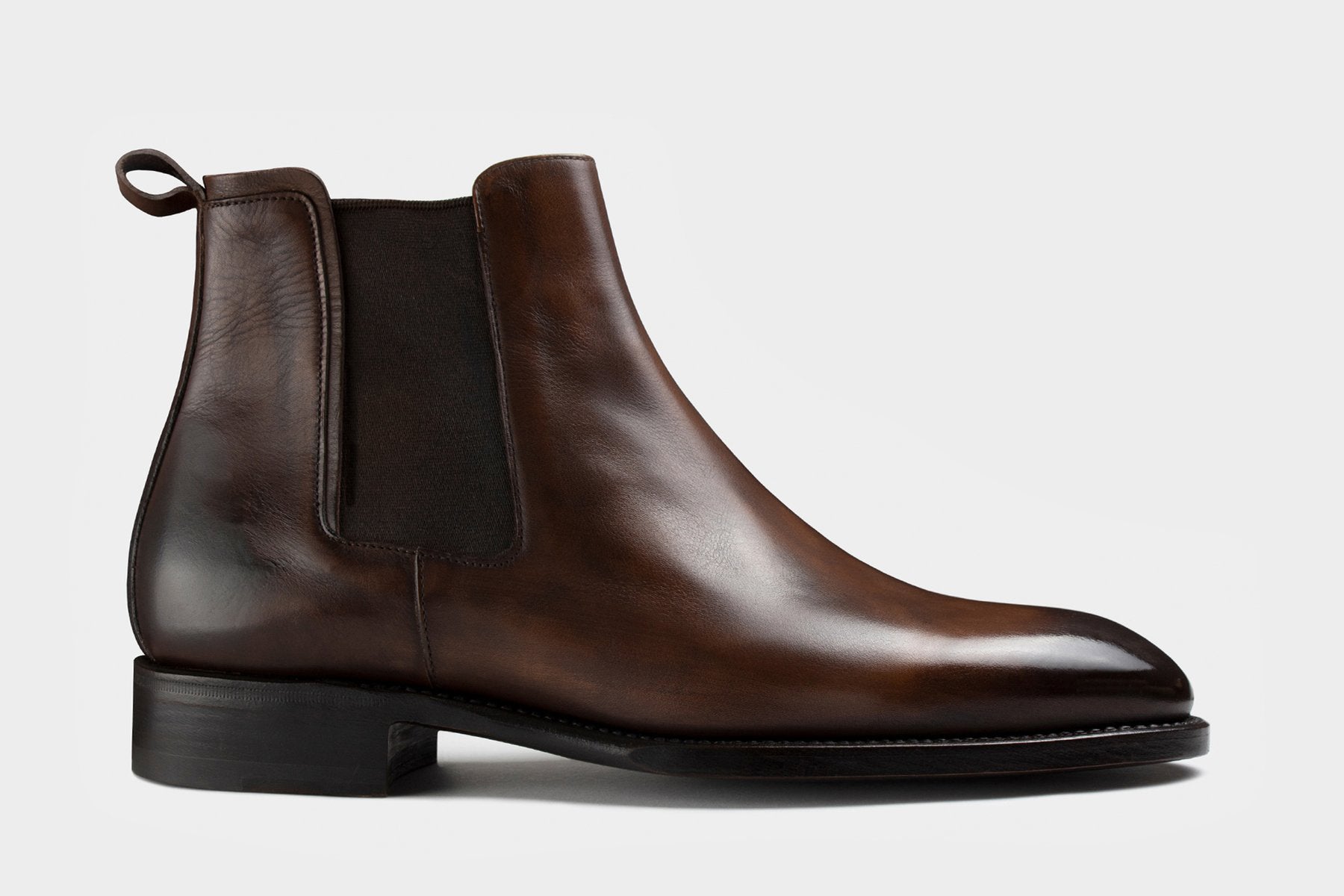
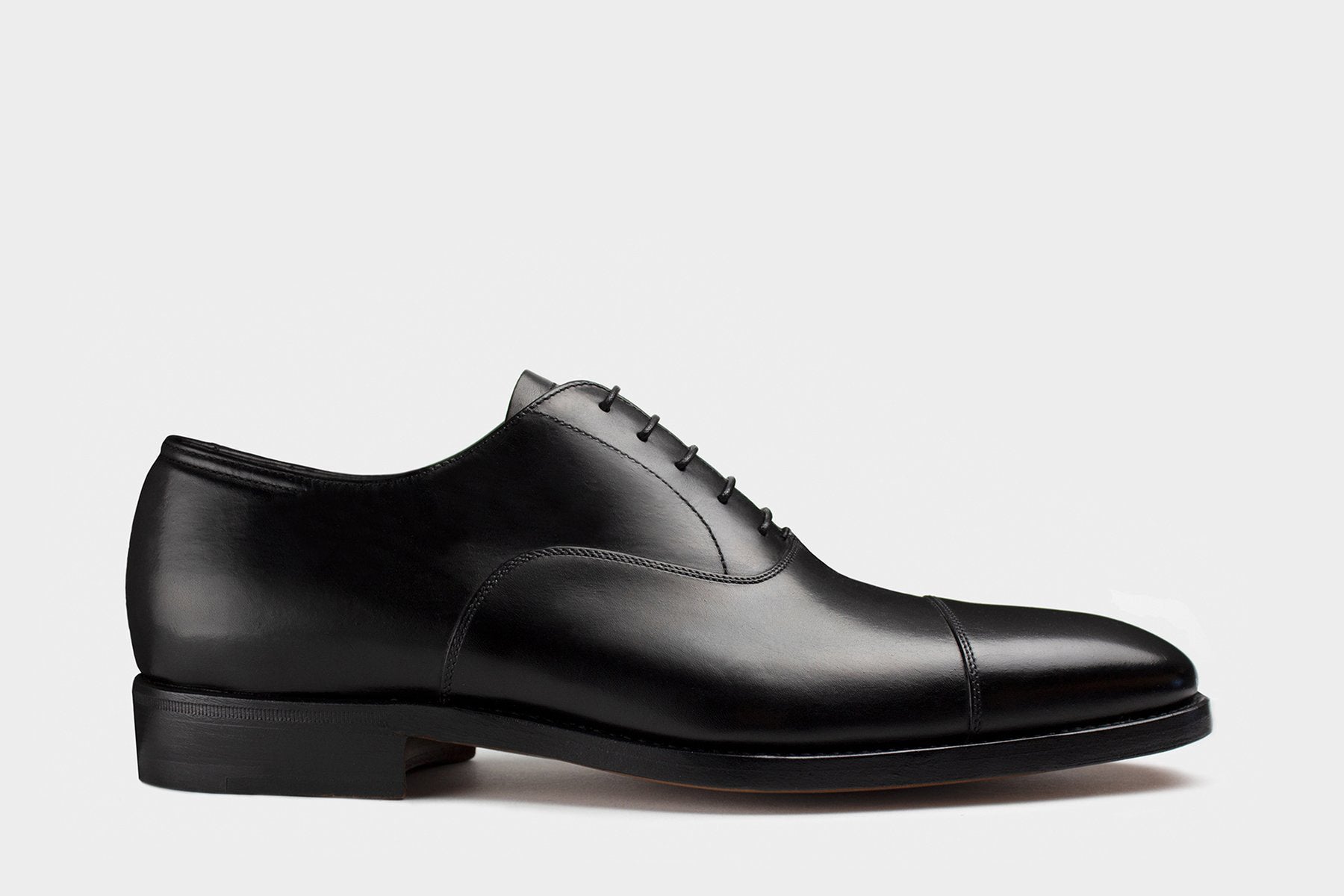
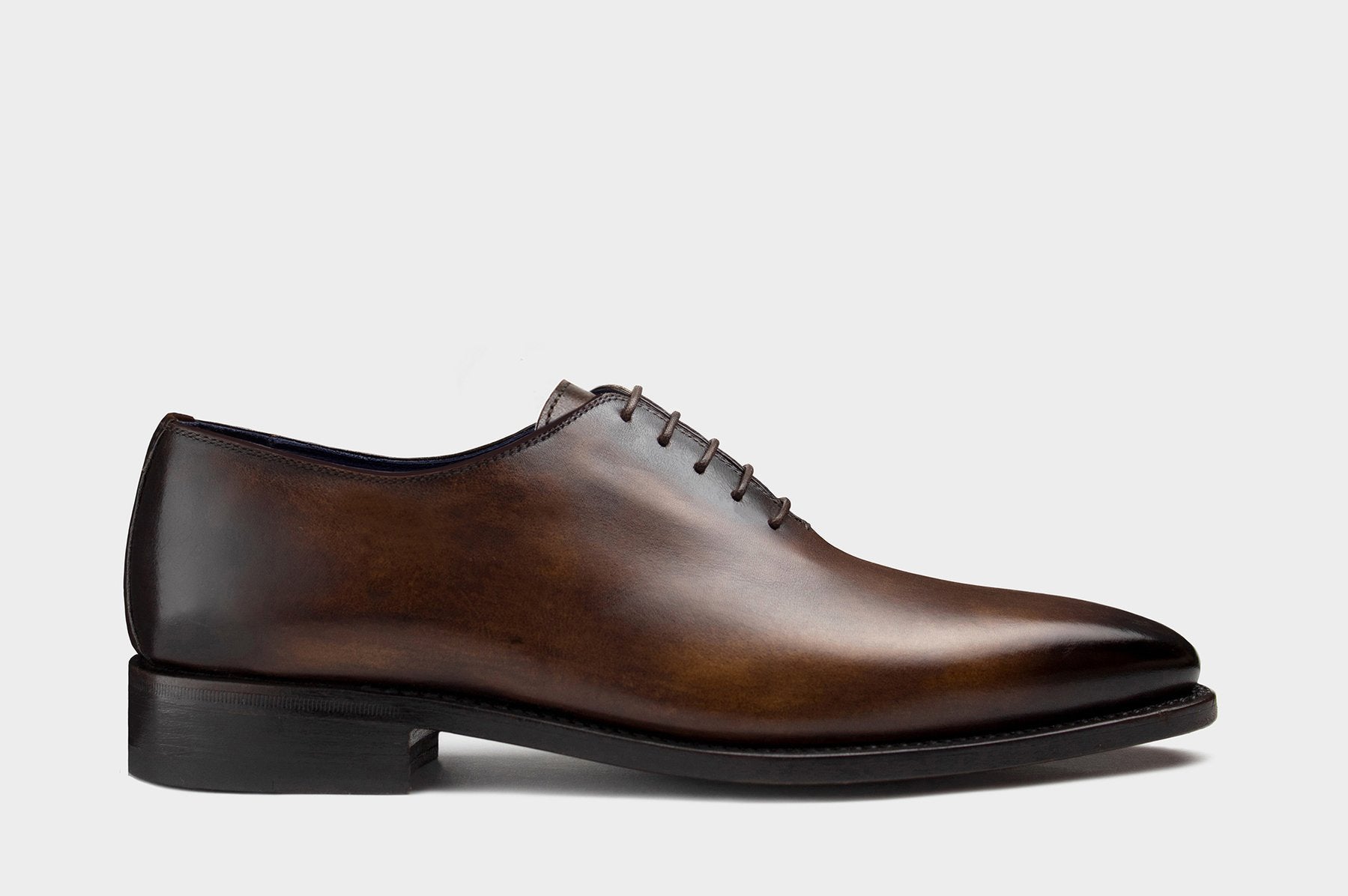
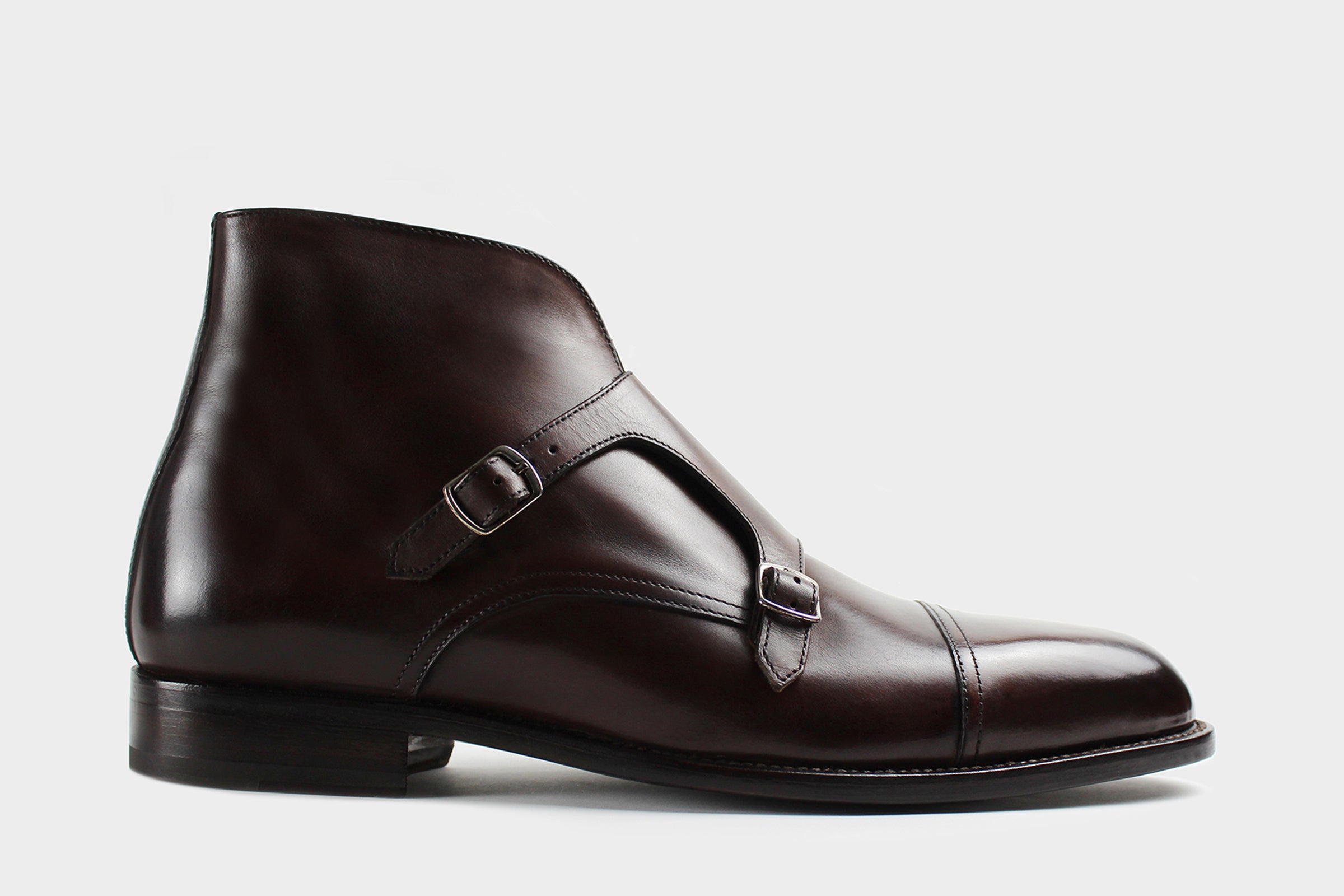
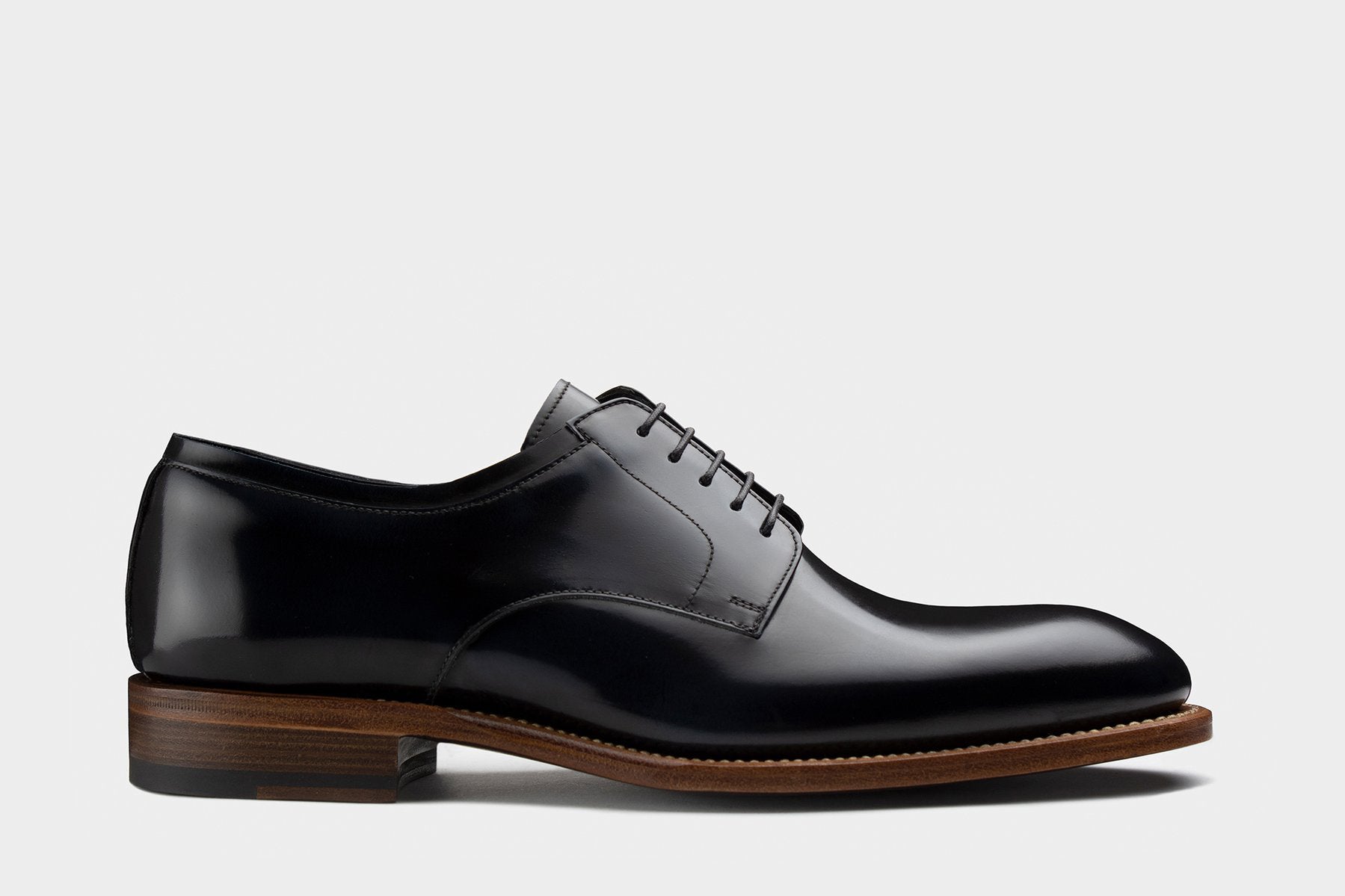
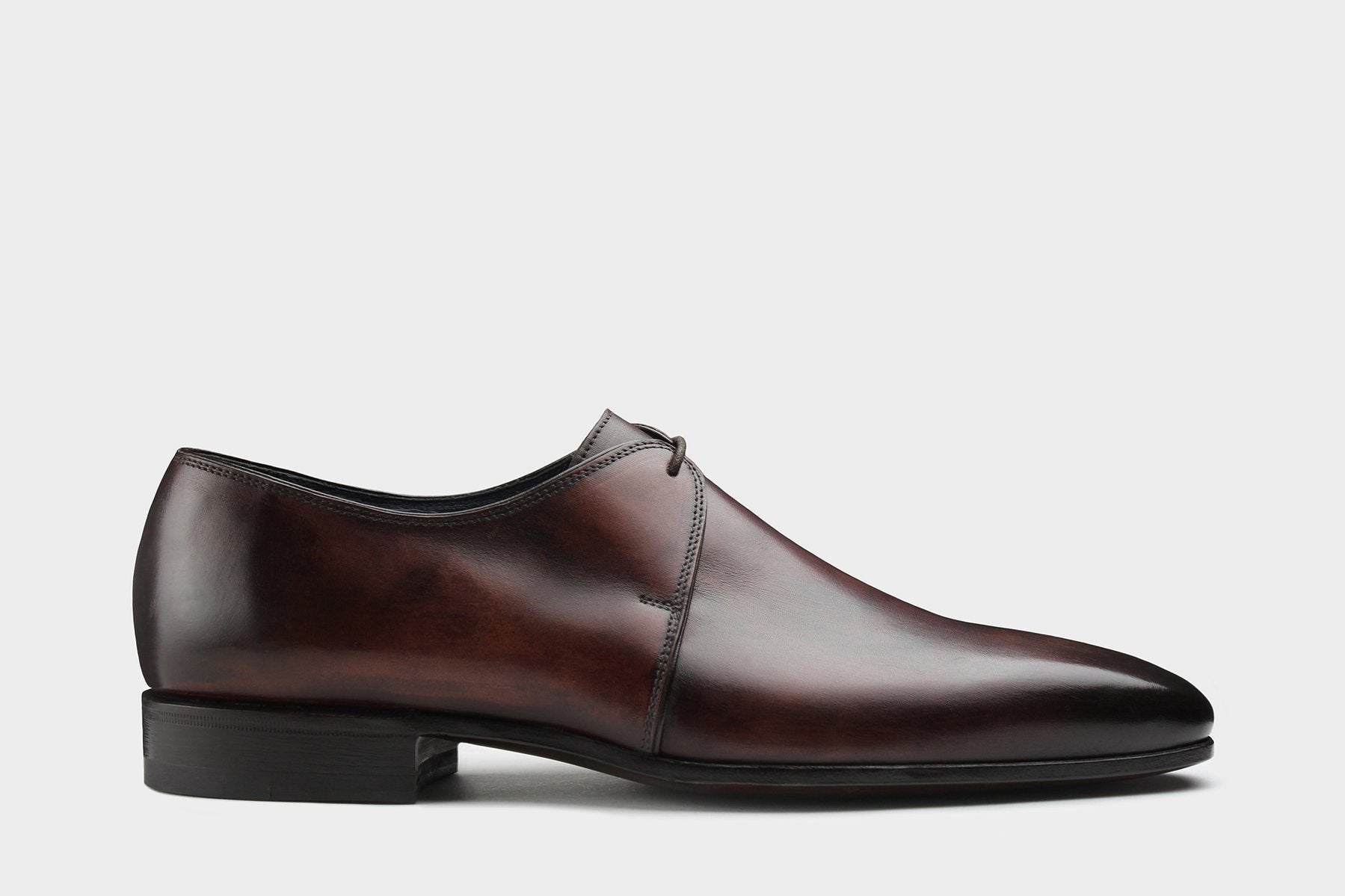
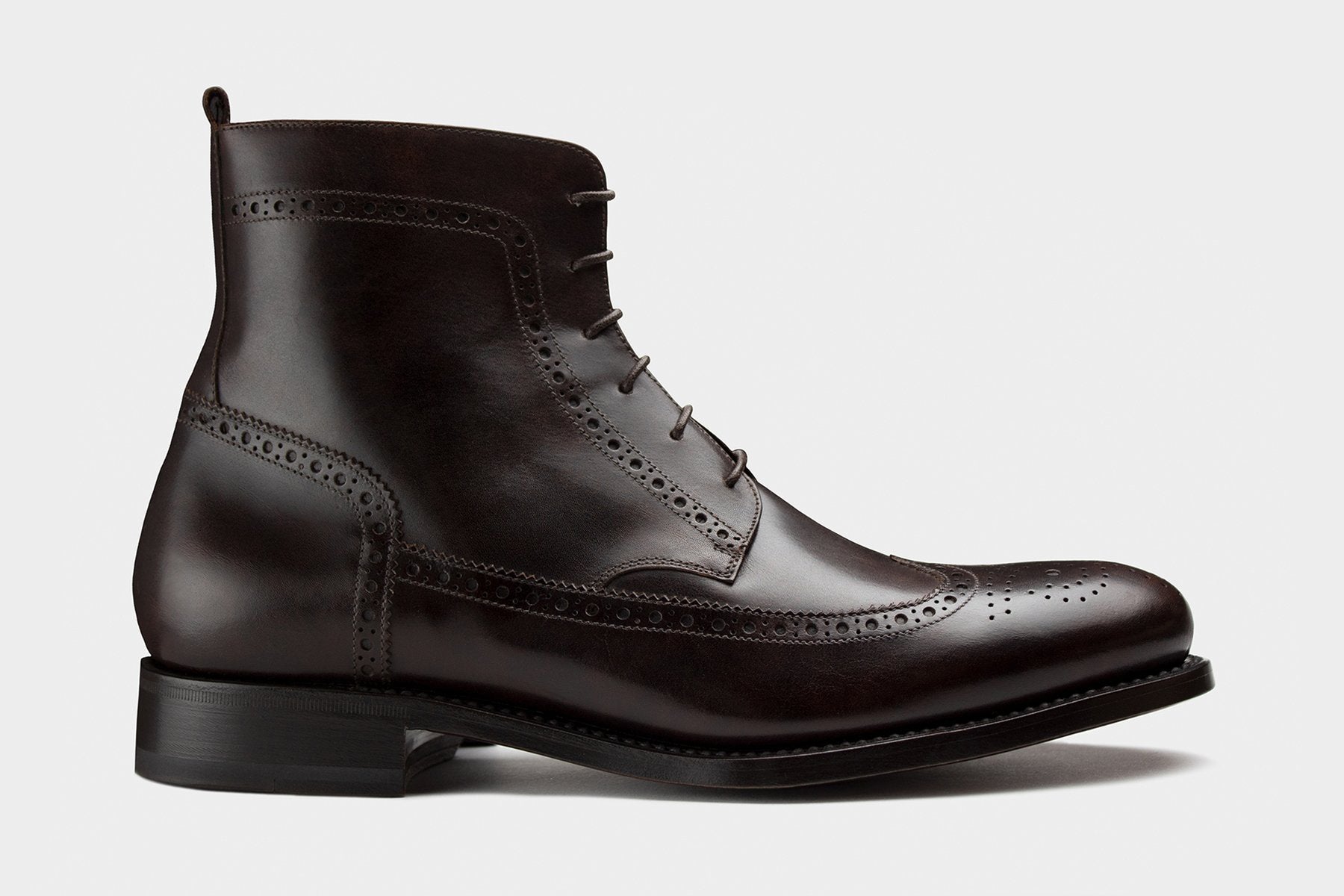
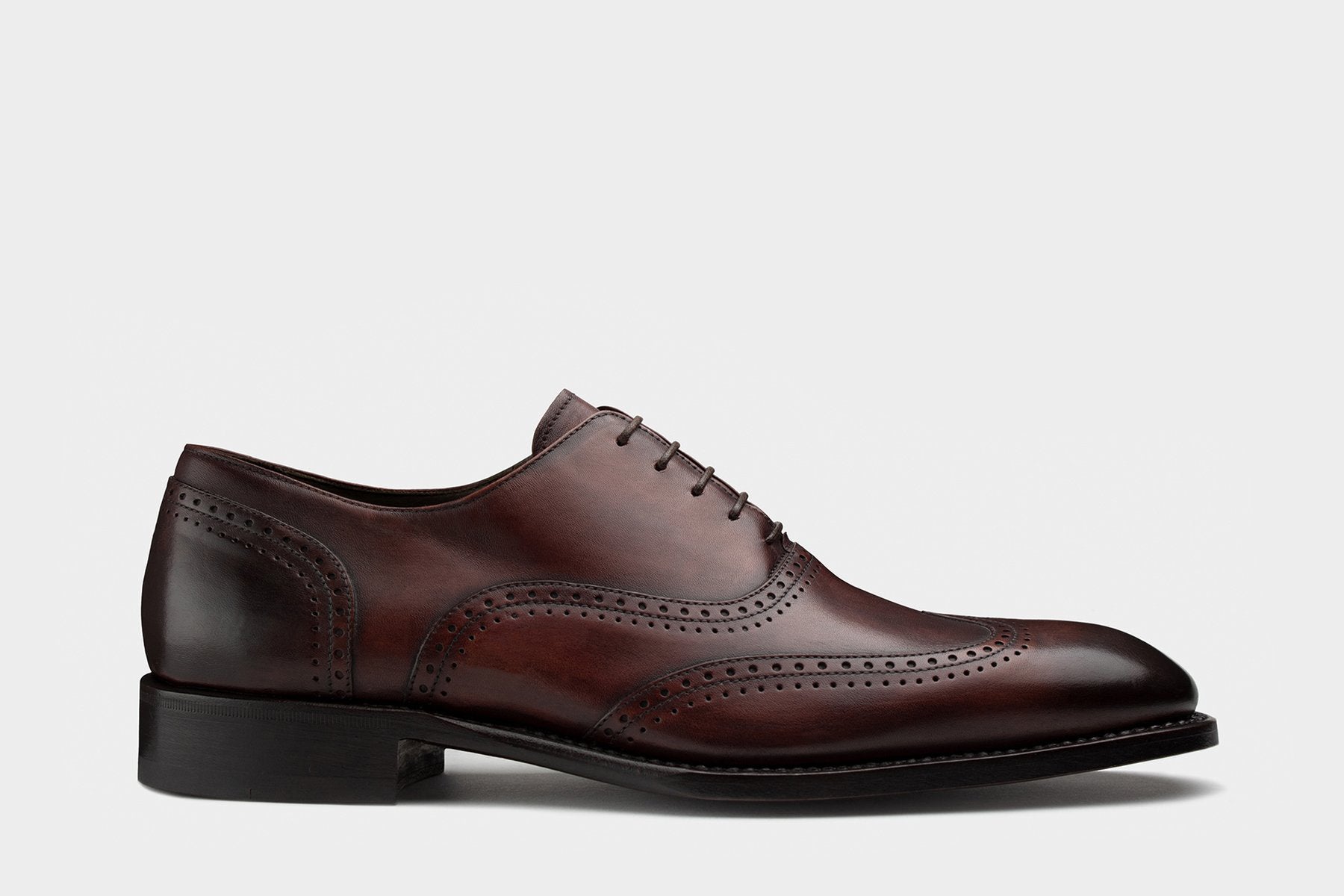
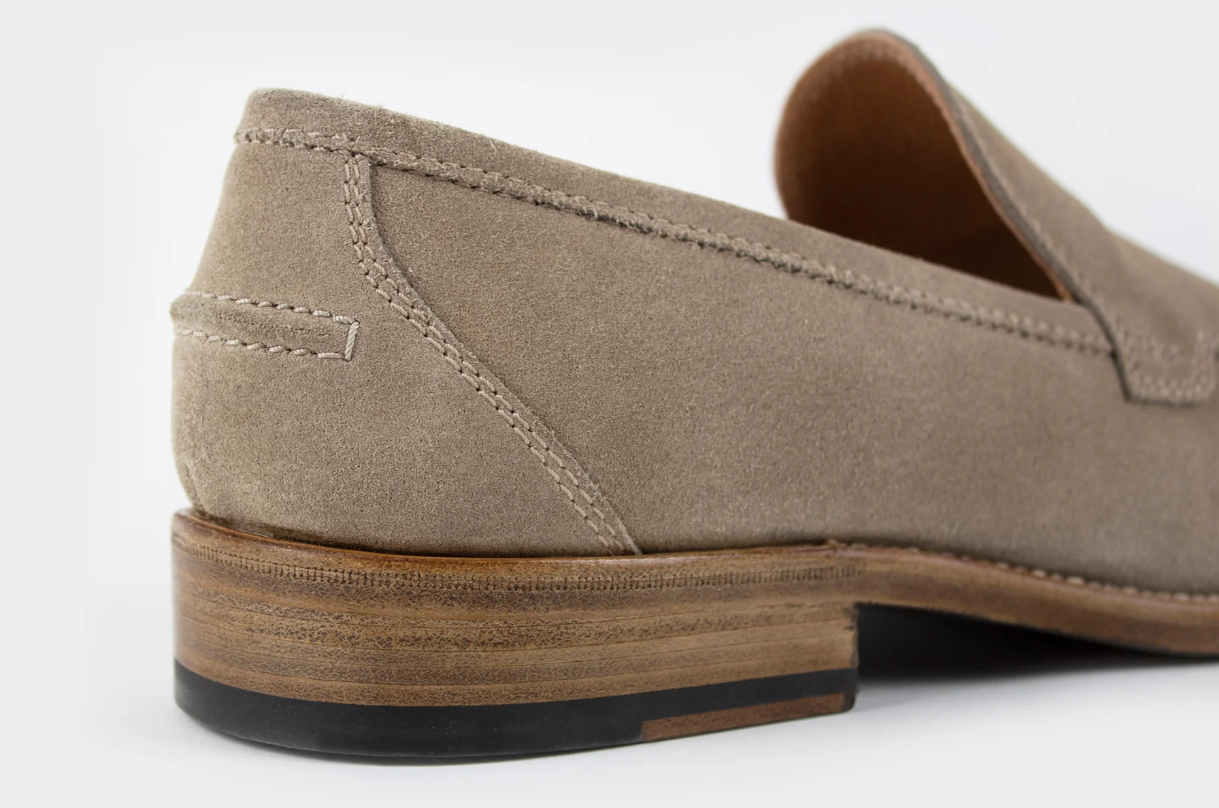
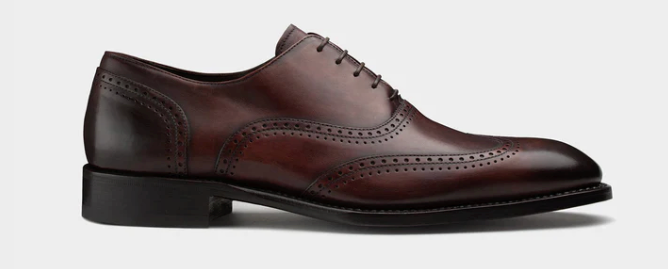
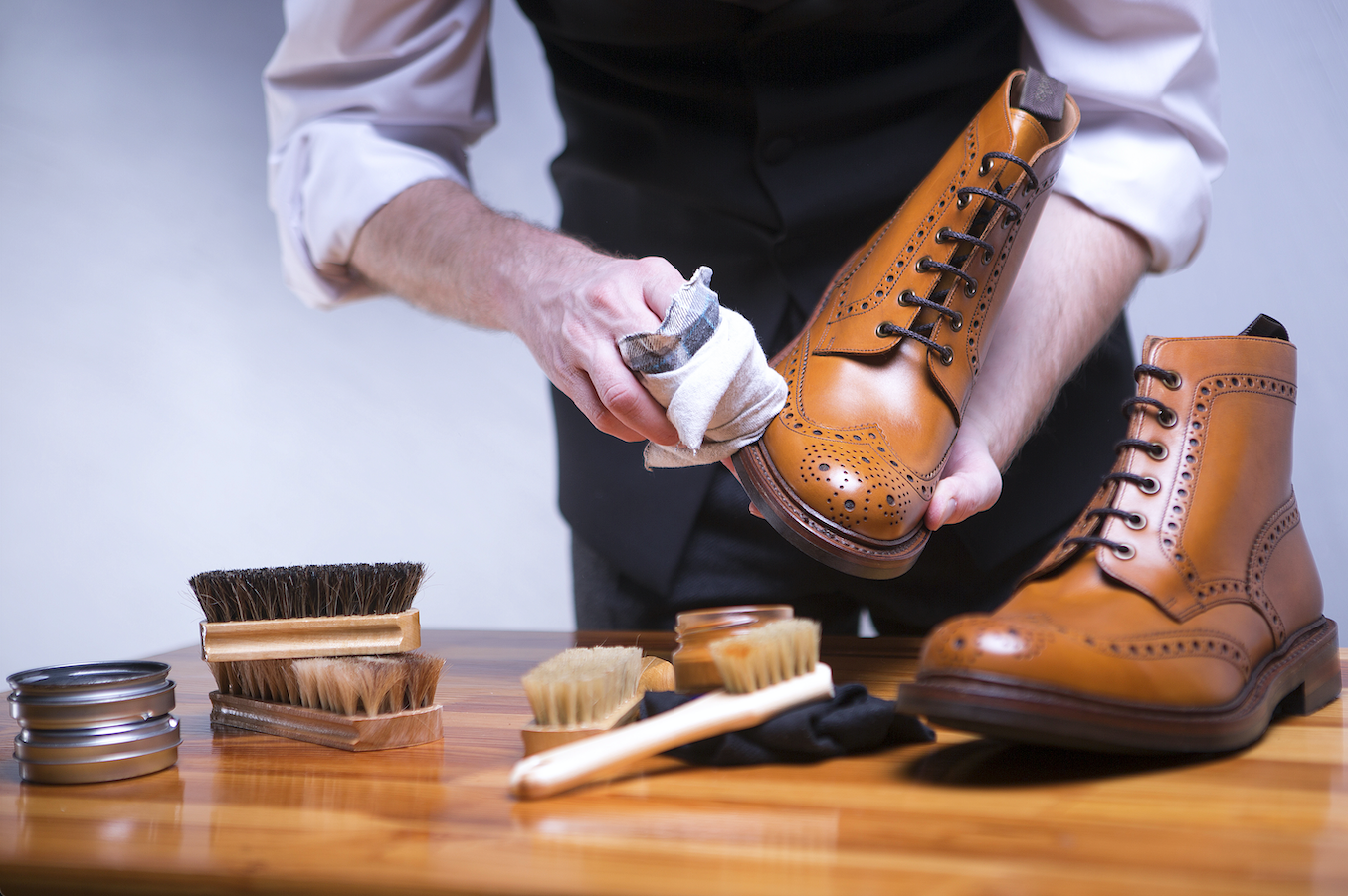

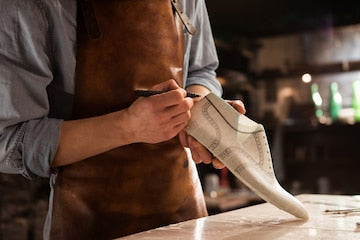
Leave a comment
This site is protected by hCaptcha and the hCaptcha Privacy Policy and Terms of Service apply.